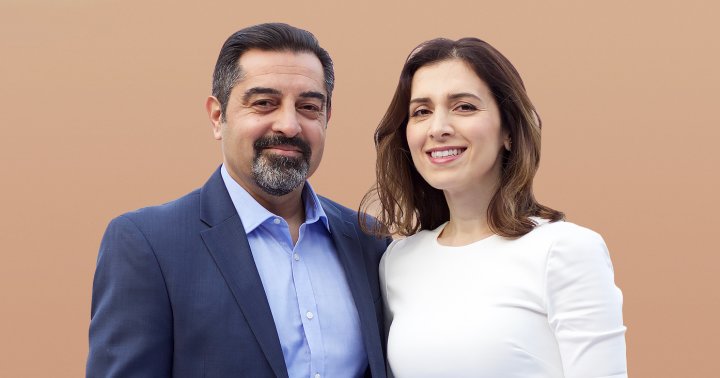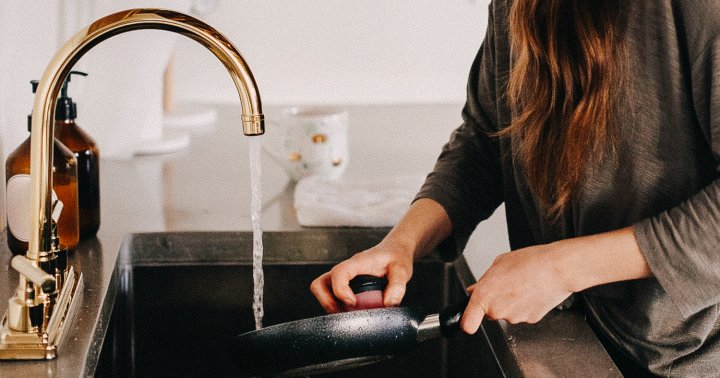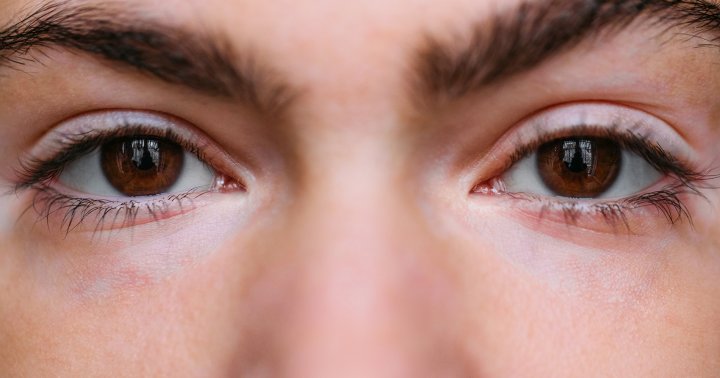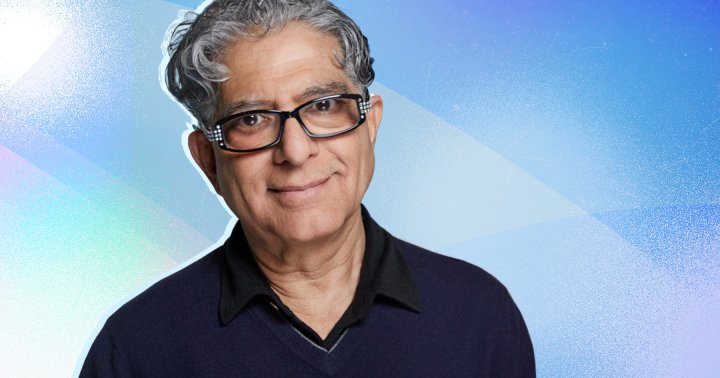One of many largest misconceptions about age-related cognitive decline is that there is not a lot you are able to do about it when you’re youthful. We’re right here to let you know: That is solely unfaithful! In reality, neurologists Dean Sherzai, M.D., and Ayesha Sherzai, M.D., administrators of the Alzheimer’s Prevention Program at Loma Linda College, clarify that cognitive decline does not simply pop up in the future out of the blue—it is a spectrum that dwindles over time.
“Cognitive decline is one thing that occurs slowly and step by step, beginning, most likely in our 30s and 40s,” Dean shares on this episode of the well being information podcast.
However that spectrum is not fastened: As he continues, “There’s quite a bit we are able to do about it.” Beneath, Ayesha and Dean supply a mind well being sport plan with marching orders for each age—out of your 20s, 30s, 40s, and past.
In your 20s…
In your 20s, the Sherzais need you to give attention to consideration. “Consideration is the gatekeeper of consciousness,” Dean says. “In case your consideration is affected, every thing behind that’s affected disproportionately. You’ll be able to’t memorize, you may’t do govt features…”
And guess what? That lack of consideration begins very early: “It is truly one thing that occurs considerably beginning in our 20s, and, fortuitously, it is one of many issues that we are able to have an effect on probably the most, as effectively,” Dean provides. In different phrases: Your focus depletes as you get older, so it is necessary to strengthen it as a lot as you may when you’re younger.
By way of how one can change your relationship with focus, the Sherzais say you would possibly need to stop multitasking. Which, we admit, is a bit tough in our pervasive, fast-paced working surroundings, however attempt to silo your duties from starting to finish when you can. See, while you multitask, your consideration turns into compromised, which creates this excellent storm for cognitive decline: As you become older, your focus turns into increasingly more affected, and multitasking impacts it additional.
Moreover, they advocate breathwork and meditation to focus your consideration inward. Even when you take a mere 5 minutes to quiet your thoughts, attempt to observe each day when you can: “It’s an all-day endeavor that when you take it on, you may considerably not simply decline however improve your cognitive capability,” Dean says.
In your 30s…
Nonetheless, you may need to optimize focus in your 30s. Nevertheless, the Sherzais say, your 30s are additionally a good time to work on sharpening your reminiscence. “Focus with intent,” Dean says. Actions like Sudoku, crossword puzzles, or phrase video games not solely assist you give attention to the duty at hand (thus honing your consideration abilities) however these advanced behaviors are like a exercise class in your mind, Ayesha says.
Choose any advanced exercise you need—it does not essentially must be a each day crossword. Take guitar, for instance: “While you’re enjoying guitar, you are wanting on the notes—that is your left parietal lobe, your language facilities. You are processing it visually—your occipital lobe. You are processing it along with your thoughts—that is your frontal lobe. You are being artistic—that is your proper parietal lobe. You are emotionally concerned—that is your limbic system. You’re dexterous along with your fingers—that is your cerebellum and your motor cortex,” Dean explains. “That is no Sudoku. That is your total mind being burned.”
Primarily, select an exercise that takes focus and talent, and your mind could also be higher off.
In your 40s and past…
Granted, specializing in consideration and reminiscence stays necessary as you get older—so do not suppose you are within the clear when you hit 40. Nevertheless, Dean and Ayesha say that your 40s and past are about optimizing govt perform, like processing and problem-solving. That features advanced actions, like phrase video games or crosswords, however the important thing right here is discovering which means inside these brain-building hobbies.
“It turns into exponentially extra necessary to problem the mind round your objective as you become older,” Dean says. “We are saying, ‘Do not retire—rewire. Reconnect.'”
So, sure, crossword puzzles are nice in your mind, but it surely’s even higher in your mind when you truly benefit from the problem. Discover an exercise you genuinely love—that sense of objective doesn’t go unnoticed by your mind. “Managing a group, e book golf equipment, card video games, studying to bop, music, taking lessons at any age… It ought to be about extra advanced issues that you simply take pleasure in.”
The takeaway.
In abstract, “Problem your self round your objective and you may deal with reminiscence at 30, focus in your 20s, after which govt perform and progress of the mind whereas in your 40s, 50s, and past,” Dean says. Managing cognitive decline begins now—regardless of your age, there’s a lot you are able to do to maintain your mind well being sturdy.
Get pleasure from this episode! And do not forget to subscribe to our podcast on iTunes, Google Podcasts, or Spotify!
And would you like your ardour for wellness to vary the world? Turn out to be A Practical Diet Coach! Enroll at this time to affix our upcoming stay workplace hours.



















